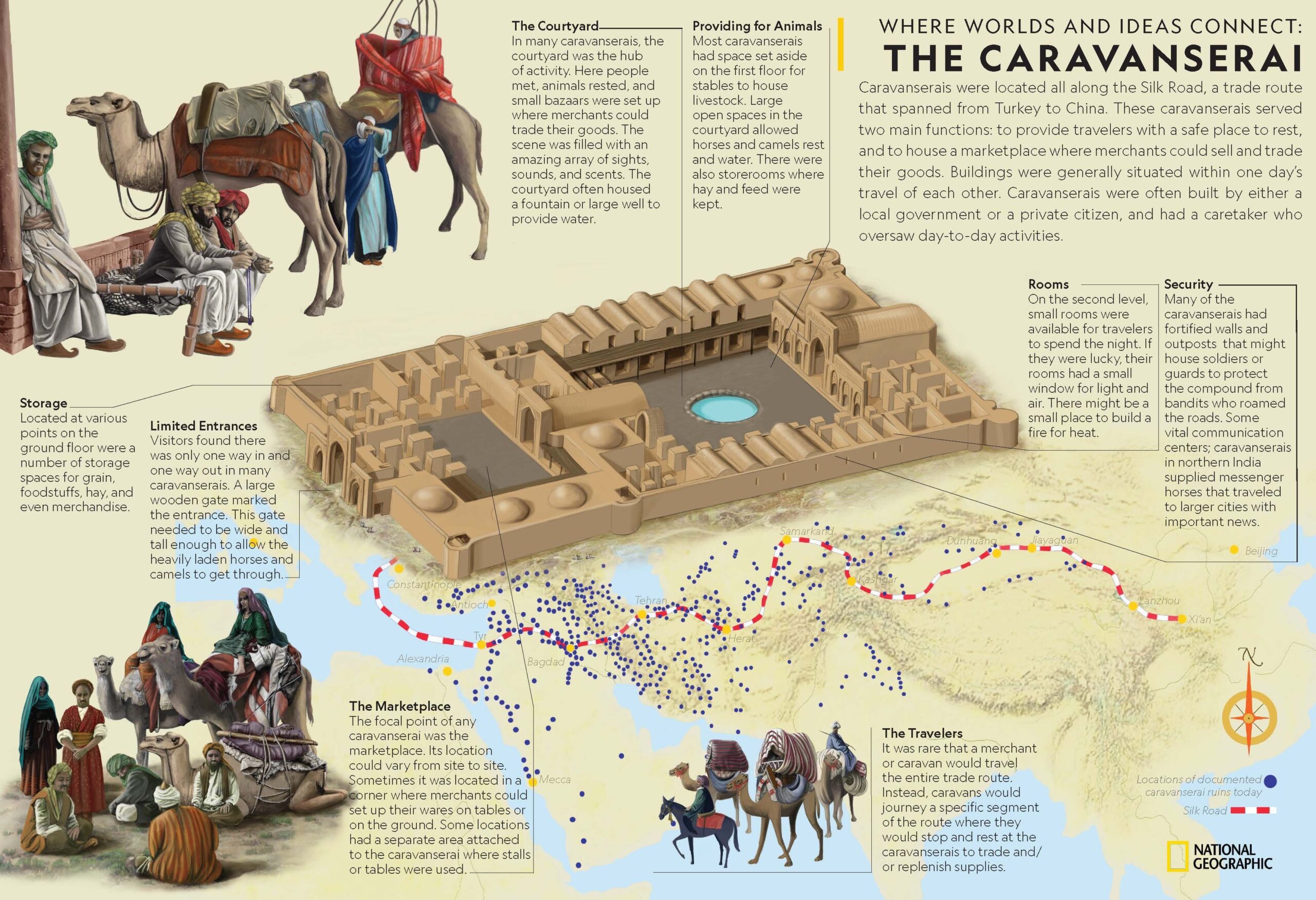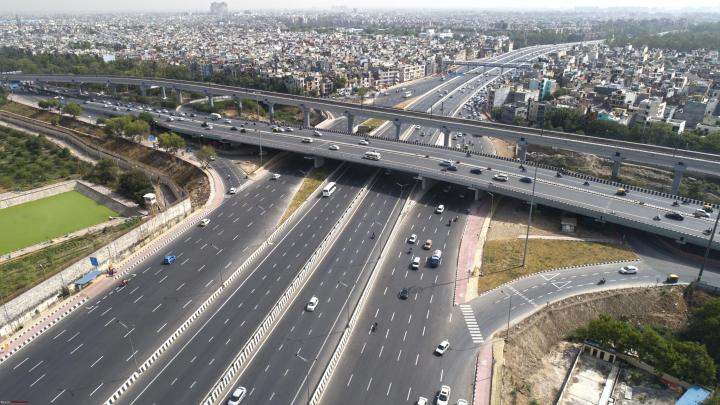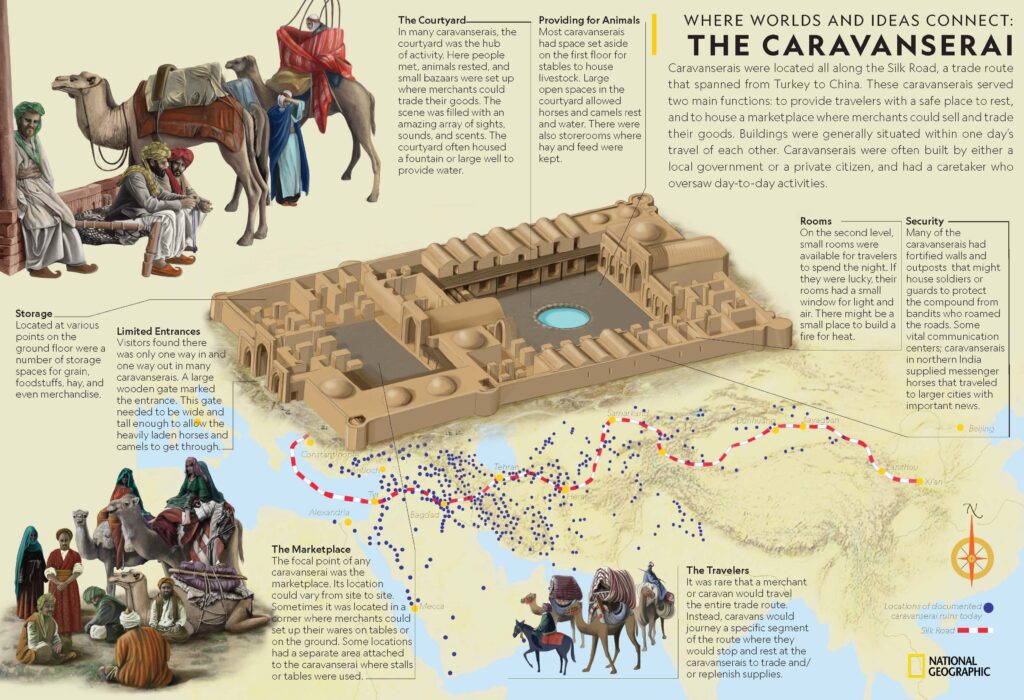Rajasthan’s desert economy has undergone a remarkable transformation, evolving from ancient trade routes to a thriving tourism industry. This shift in the Rajasthan desert economy has reshaped the region’s landscape, offering new economic opportunities while preserving its rich cultural heritage. Over time, the state’s economy has adapted to new challenges, becoming more diverse while staying rooted in its desert traditions.
Table of Contents
ToggleEarly Beginnings: Caravan Trade Routes Fuel Economic Growth
In ancient times, Rajasthan’s desert economy flourished due to its location along major caravan trade routes. Traders from across the world passed through cities like Jaisalmer and Bikaner, exchanging goods such as spices, textiles, and gemstones. These trade routes were more than just commercial hubs; they also facilitated cultural exchanges, shaping the region’s unique traditions and arts.

The Decline of Caravan Trade: A Shift in the Economy
However, with the advent of modern transportation, the importance of caravan trade began to diminish. Railways and highways gradually replaced the old trade routes, causing a significant shift in the region’s economic activities. As a result, Rajasthan adapted by diversifying its economy, focusing on agriculture, crafts, and other industries that aligned with its cultural heritage.

The Rise of Tourism: The New Pillar of Rajasthan’s Desert Economy
In the 20th century, Rajasthan’s desert economy began to thrive once again, this time driven by tourism. The state’s majestic palaces, historic forts, and vast desert landscapes attracted visitors from all over the globe, boosting the Rajasthan desert economy. Tourism became a major economic contributor, providing jobs and helping local businesses flourish.
The Impact of Tourism on Local Communities
Tourism has brought significant economic benefits to Rajasthan’s desert regions. Local communities now rely heavily on the tourism industry for income. Artisans, hospitality providers, and tour operators all benefit from the influx of visitors. Traditional Rajasthani handicrafts, desert safaris, and cultural performances have become popular attractions, contributing to the local economy. In this way, tourism has not only supported the economy but also promoted the preservation of Rajasthan’s cultural heritage. 
Sustainable Development: The Future of Rajasthan’s Desert Economy
Looking ahead, Rajasthan must balance the growing tourism industry with sustainable practices. Eco-tourism and responsible travel are emerging trends that offer new opportunities for the state. By focusing on sustainability, Rajasthan can ensure long-term economic growth while preserving its natural beauty and cultural heritage. Programs that promote responsible tourism are already in place, ensuring that future generations can continue to experience Rajasthan’s vibrant desert economy




